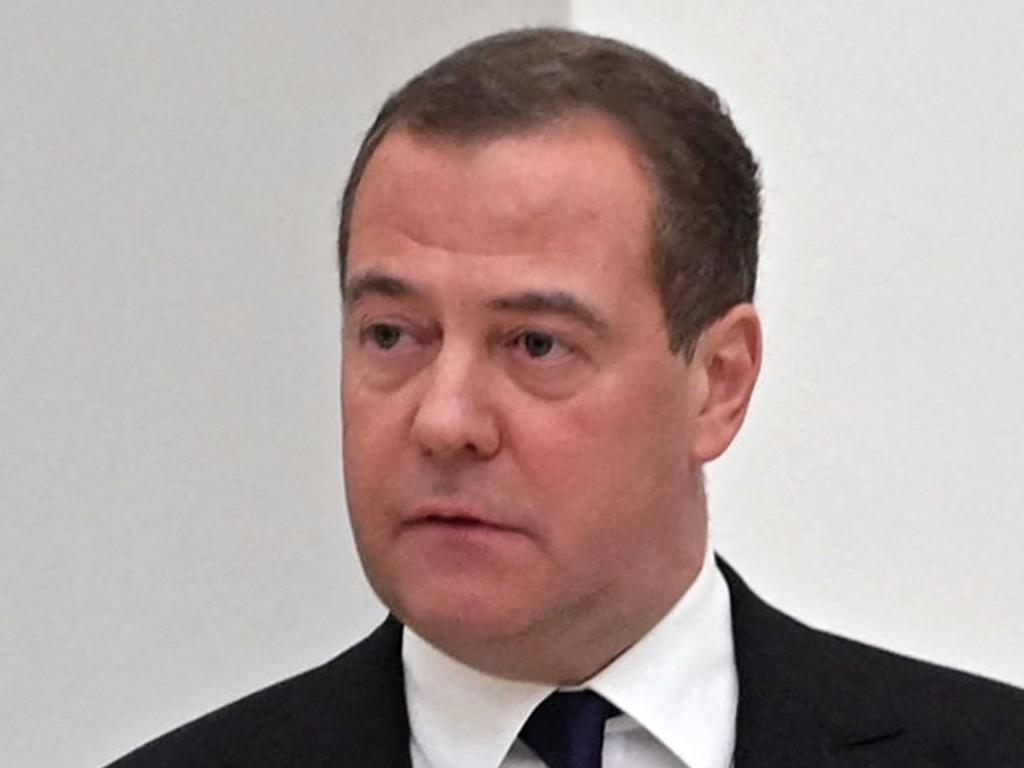Home-grown power is a national security imperative

First and foremost, Australia has no choice but to remove the green-coloured wool from its eyes and face the fact that energy security is national security.
The war in Ukraine has brutally sheeted this reality home to Germany. After decades of blithely relying on Russian energy while its leaders spouted platitudes about the green new world, the war has exposed its stunning lack of energy security.
German Chancellor Olaf Scholz told colleagues in an emergency sitting of the Bundestag following the invasion of Ukraine that his country must diversify away from Russian gas supply, which accounts for half of its energy needs, stating it is “decisive for our security”. Scholz went on to say: “We must change course to overcome our dependence on imports from individual energy suppliers.”
German Economic Affairs and Climate Action Minister Robert Habeck, a Greens Party MP, also has stated that no option is off the table, including staving off the country’s looming energy security crisis by keeping nuclear and coal-fired power stations open far longer than originally proposed under the country’s environment policies. Contrast that with the Australian Greens, whose policy it is to ban all new coal, gas and oil projects.
Germany may be the first Western power, but it certainly will not be the last, to face this dilemma – and Australia is not immune. The recent announcement that the closing date of the Eraring power station in the Hunter Valley in NSW will be dramatically brought forward is an example that we have yet to learn from Germany’s situation.

Institute for Public Affairs research shows that Eraring, despite producing 20 per cent of NSW’s electricity supply, accounts for less than 0.04 per cent of total global emissions.
This means any possible environmental dividend from Eraring’s closure is merely symbolic – and, as any Ukrainian will tell you today, symbolism is cold comfort when faced with an existential military threat.
Worse, there is no credible plan for how to make up the shortfall in energy generation.
Danny Price, the founder and managing director of consulting firm Frontier Economics, was quoted recently as saying: “We’re told all the time that renewables are the cheapest form of power, and we could get prices down with more renewables – that’s not happening anywhere.”
Price went on to argue that “batteries play a real role in the national electricity market, but even if we have many more batteries we’re not going to get what we need” because “you’ll have energy but not for a long period of time, and it’s very expensive”.
It should go without saying, but expensive energy that doesn’t last long is not a recipe to give Australians comfort at a time of heightened uncertainty in Europe and the Asia-Pacific region.
However, Germany’s fate is not (yet) Australia’s. We are blessed with a bounty of natural resources, including more than 2000 years’ worth of coal and about 30 per cent of the world’s known uranium deposits. We have more than enough of our own domestic energy supplies to power industry for decades and to develop our own sovereign manufacturing capability.
Australia, in other words, doesn’t need to do a U-turn yet. But we do need to follow the first rule of holes: when you are in one, stop digging.
The policy of net-zero emissions by 2050 is fast making coal unviable, and the legislative ban on nuclear power in Australia remains uncontested among the political class.
Closing coal-fired power makes Australia more vulnerable to an increasingly hostile and aggressive China, which is constructing 92 new coal-fired power stations while we are shutting down ours. Meanwhile, 80 per cent of the solar panels Australia imports are made in China.
Without reliable, affordable baseload power generation capability, Australia will have no sovereign capability to manufacture the vital goods we need to operate and defend ourselves as an advanced, First World nation.
The policies adopted under the guise of the target for net-zero emissions by 2050, now pursued by all major political parties, represent an existential threat to Australia’s national security in a rapidly changing world.
Through brutal measures, Vladimir Putin, Russia’s self-styled emperor, has shown the West has no clothes when it comes to energy security.
Daniel Wild is director of research at the Institute of Public Affairs.






The horrifying conflict in Ukraine and the geopolitical ramifications it has exposed mean Australia must immediately reassess how it secures its place in the world.